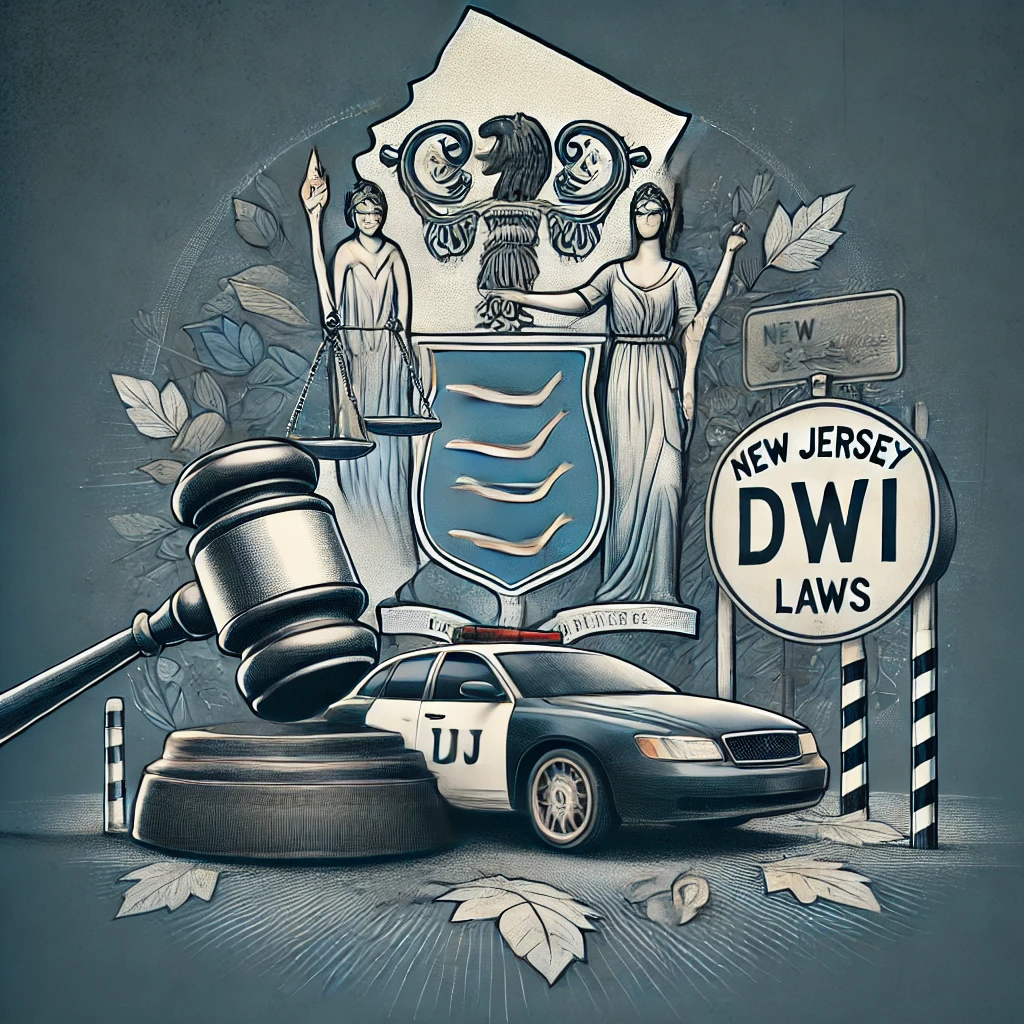
Driving While Intoxicated (DWI) is a serious offense in New Jersey that carries significant legal, financial, and personal consequences. If you’re a driver in the Garden State, understanding the laws surrounding DWI is crucial to avoid penalties and safeguard your rights. At JSD Legal, we’re committed to helping individuals navigate these complex legal challenges. Here’s everything you need to know about DWI laws in New Jersey.
In New Jersey, a driver is considered legally intoxicated if their Blood Alcohol Concentration (BAC) meets or exceeds:
Law enforcement may also charge you with DWI even if your BAC is below the legal limit, provided there is evidence of impairment from alcohol or drugs.
New Jersey imposes strict penalties for DWI offenses, which escalate with subsequent violations:

By driving on New Jersey roads, you automatically agree to the state’s implied consent law, which requires you to submit to chemical testing (breath, blood, or urine) if suspected of driving under the influence. Refusing a breathalyzer test results in separate penalties, including fines, license suspension, and mandatory installation of an ignition interlock device.
A DWI charge does not automatically mean a conviction. At JSD Legal, our experienced DWI attorneys meticulously examine each case to identify potential defenses, such as:
Facing a DWI charge can be overwhelming, but you don’t have to navigate it alone. At JSD Legal, we specialize in crafting strategic defense plans tailored to your unique circumstances.
Contact us today at JSD Legal for a consultation. Our team is here to protect your rights, your license, and your future.
Disclaimer: The information you obtain at this site is not, nor is it intended to be, legal advice. You should consult an attorney for advice regarding your individual situation. We invite you to contact us and welcome your calls, letters and electronic mail. Contacting us does not create an attorney-client relationship. Please do not send any confidential information to us until such time as an attorney-client relationship has been established. No representation is made that the quality of the legal services to be performed is greater than the quality of legal services performed by other lawyers.